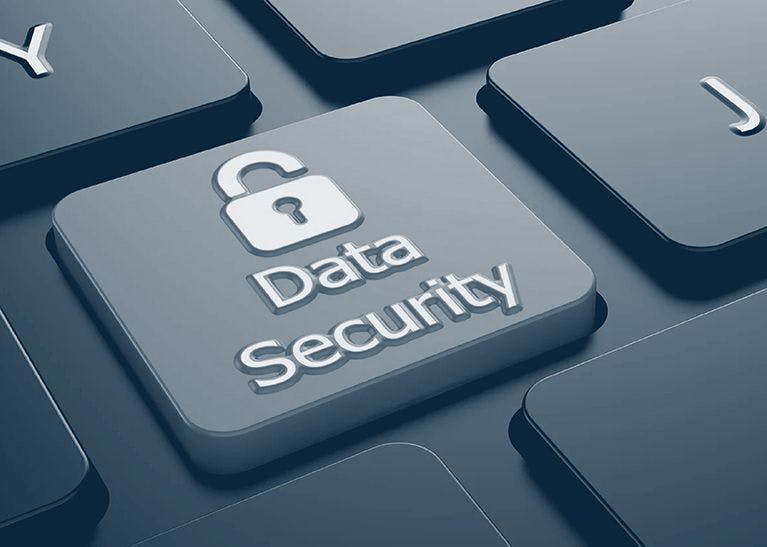How do we ensure Data Security when working with remote employees?

Ensuring Data Security with Remote Employees
In today's globally connected workplace, remote work has become increasingly prevalent. This evolution brings numerous advantages, such as increased flexibility and access to a broader talent pool. However, it also presents a significant challenge: ensuring data security. With remote employees accessing company data from various locations and devices, how can organizations ensure the security of their sensitive information? Let's explore the strategies and tools companies employ.
Understanding the Risks
Before delving into solutions, it's crucial to understand the unique risks associated with remote work:
- Unsecured Networks: Remote employees might access company data from public Wi-Fi networks, which are notoriously insecure.
- Phishing Attempts: Cybercriminals are increasingly targeting remote workers with sophisticated phishing campaigns.
- Lost or Stolen Devices: Devices used for work, like laptops or smartphones, can get lost or stolen, potentially exposing sensitive data.
- Inadequate Endpoint Security: Personal devices, which might lack the latest security updates, can become entry points for malware.
Strategies for Data Security with Remote Work
Robust Authentication Methods
Two-factor authentication (2FA) or multi-factor authentication (MFA) should be mandatory for accessing company data. By requiring an additional layer of authentication beyond just a password, the chances of unauthorized access are significantly reduced.
Virtual Private Networks (VPNs)
VPNs encrypt internet traffic, ensuring that data transmitted between the remote worker and the company network is secure. This is especially crucial when employees are accessing data from public or unsecured networks.
Regular Security Training
Remote employees should be regularly trained and updated on security best practices. This includes recognizing phishing attempts, the importance of regular software updates, and guidelines on accessing company data safely.
Endpoint Security
All devices that access company data, be it company-provided or personal, should have the latest security software. This includes antivirus, anti-malware, and firewalls. Devices should also be checked for security compliance before accessing the company network.
Data Encryption
Data, whether in transit or at rest, should be encrypted. This ensures that even if data gets intercepted, it remains unreadable to unauthorized parties.
Use of Secure Collaboration Tools
Companies should provide remote employees with secure tools for collaboration. Platforms like Slack for communication, Trello for project management, and Zoom for meetings, all offer enterprise versions with enhanced security features.
Regular Backups
Frequent backups ensure that in case of any data loss, due to ransomware or other cyber threats, a recent version of the data is always available.
Addressing the Human Element
Often, the biggest vulnerability in security is human behavior. Organizations must address this by:
- Establishing Clear Policies: A clear remote work policy that outlines security expectations is crucial. This should be regularly updated and communicated to all remote employees.
- Promoting a Security-first Culture: Companies should promote a culture where security is everyone's responsibility. Regular reminders, tips, and updates can help keep security at the forefront of employees' minds.
Proactive Monitoring and Response
Lastly, a proactive approach to security is essential. This means:
- Regular Security Audits: Periodic checks and audits can help identify potential vulnerabilities and address them before they become significant issues.
- Incident Response Plan: In case of a security breach, having a clear incident response plan ensures swift action, minimizing potential damage.
Conclusion
The rise of remote work brings with it the challenge of ensuring data security across diverse environments and devices. However, with a combination of technology, training, and a proactive approach, companies can safeguard their data effectively.
By acknowledging the risks, implementing robust security measures, and fostering a culture of security awareness, organizations can enjoy the benefits of remote work without compromising their data's safety. As remote work becomes the norm, so should the emphasis on rigorous and adaptable security measures. With the right strategies in place, companies can ensure they're prepared for the challenges of the digital age.


